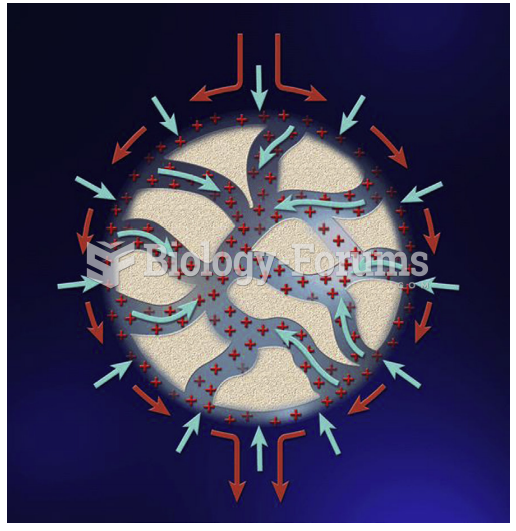|
|
|
ACTH levels are normally highest in the early morning (between 6 and 8 A.M.) and lowest in the evening (between 6 and 11 P.M.). Therefore, a doctor who suspects abnormal levels looks for low ACTH in the morning and high ACTH in the evening.
More than 34,000 trademarked medication names and more than 10,000 generic medication names are in use in the United States.
The U.S. Preventive Services Task Force recommends that all women age 65 years of age or older should be screened with bone densitometry.
Congestive heart failure is a serious disorder that carries a reduced life expectancy. Heart failure is usually a chronic illness, and it may worsen with infection or other physical stressors.
Though newer “smart” infusion pumps are increasingly becoming more sophisticated, they cannot prevent all programming and administration errors. Health care professionals that use smart infusion pumps must still practice the rights of medication administration and have other professionals double-check all high-risk infusions.
 A photograph of Commodore Matthew Perry in 1855 juxtaposed with a Japanese portrait of him. When Per
A photograph of Commodore Matthew Perry in 1855 juxtaposed with a Japanese portrait of him. When Per
 The explosion of the Maine in Havana harbor, killing 260 men, caused much speculation in the newspap
The explosion of the Maine in Havana harbor, killing 260 men, caused much speculation in the newspap





